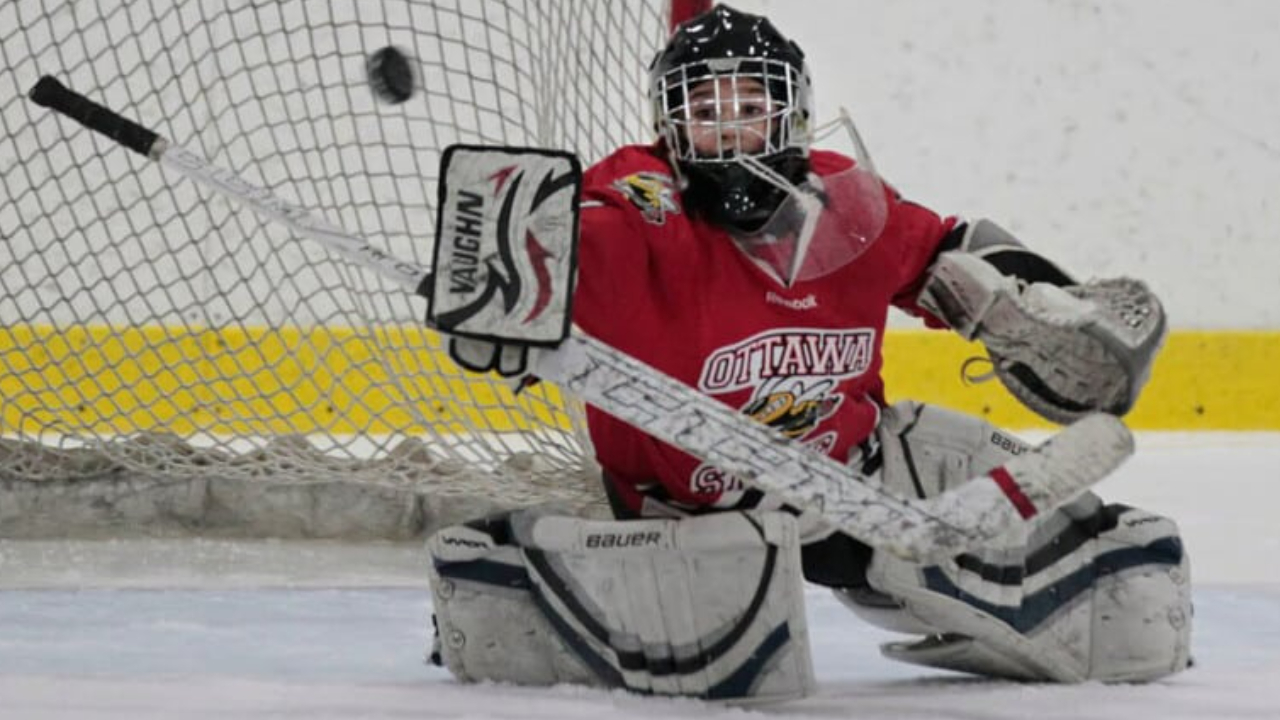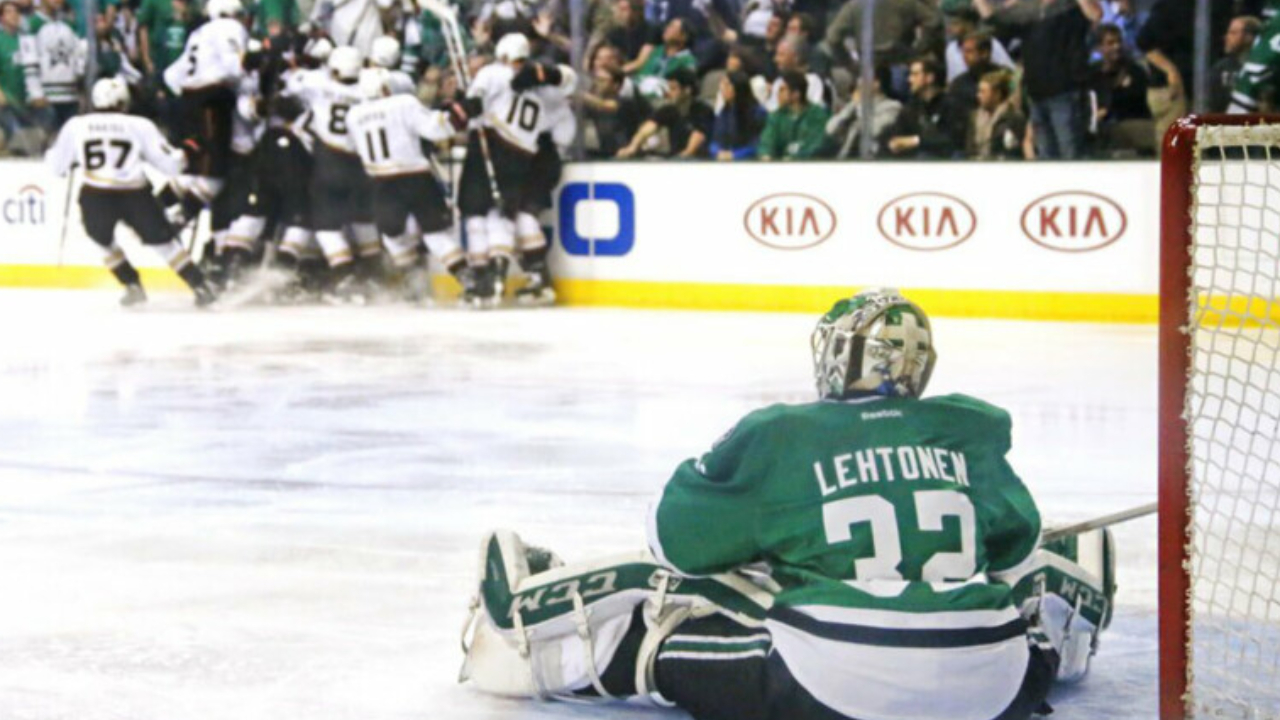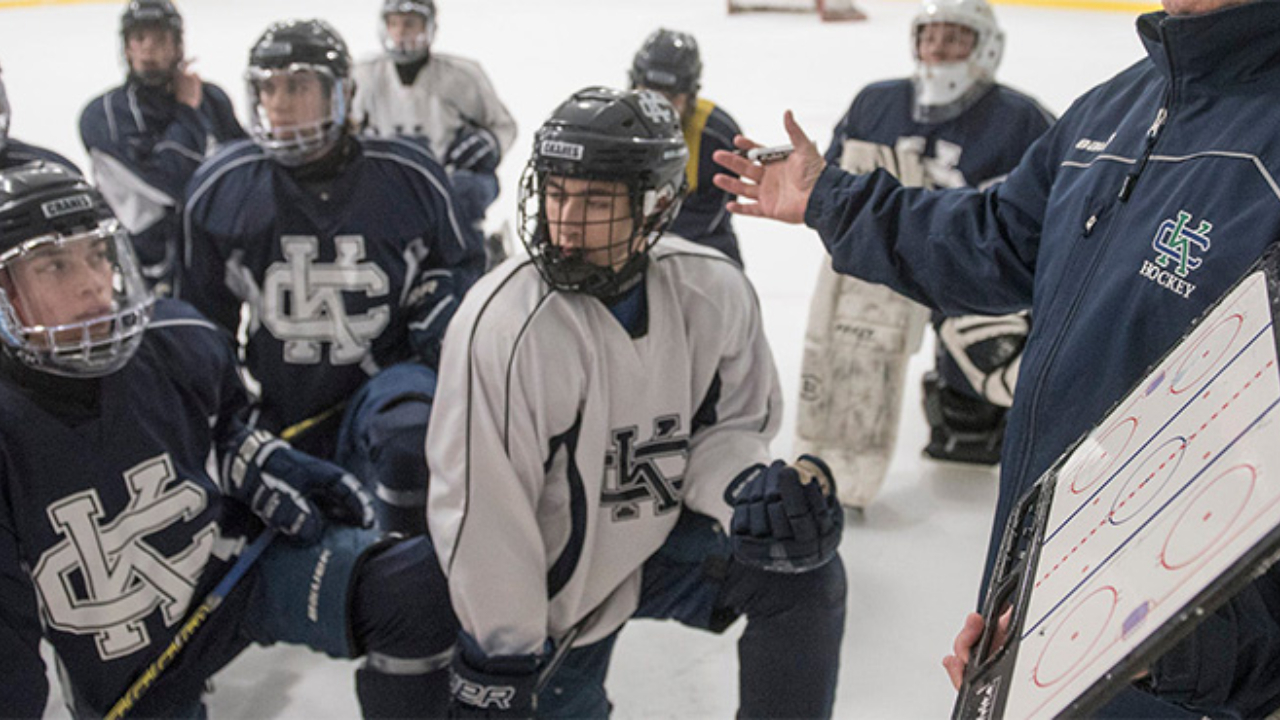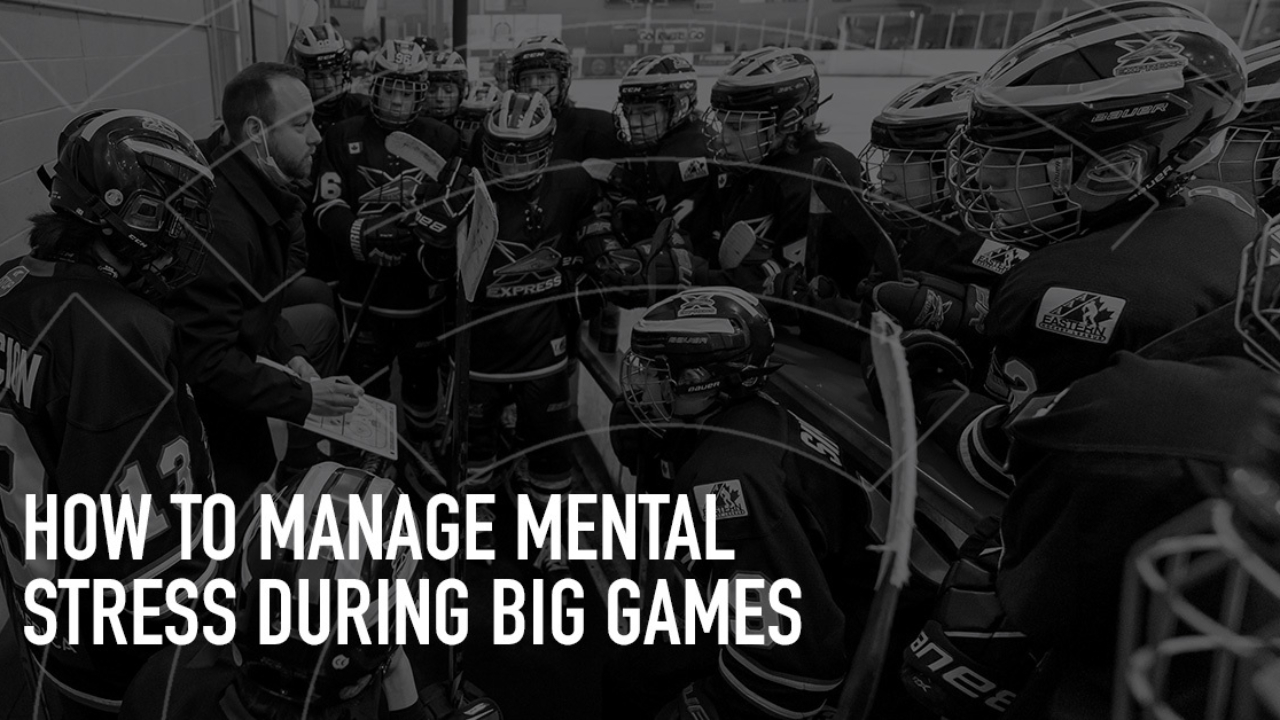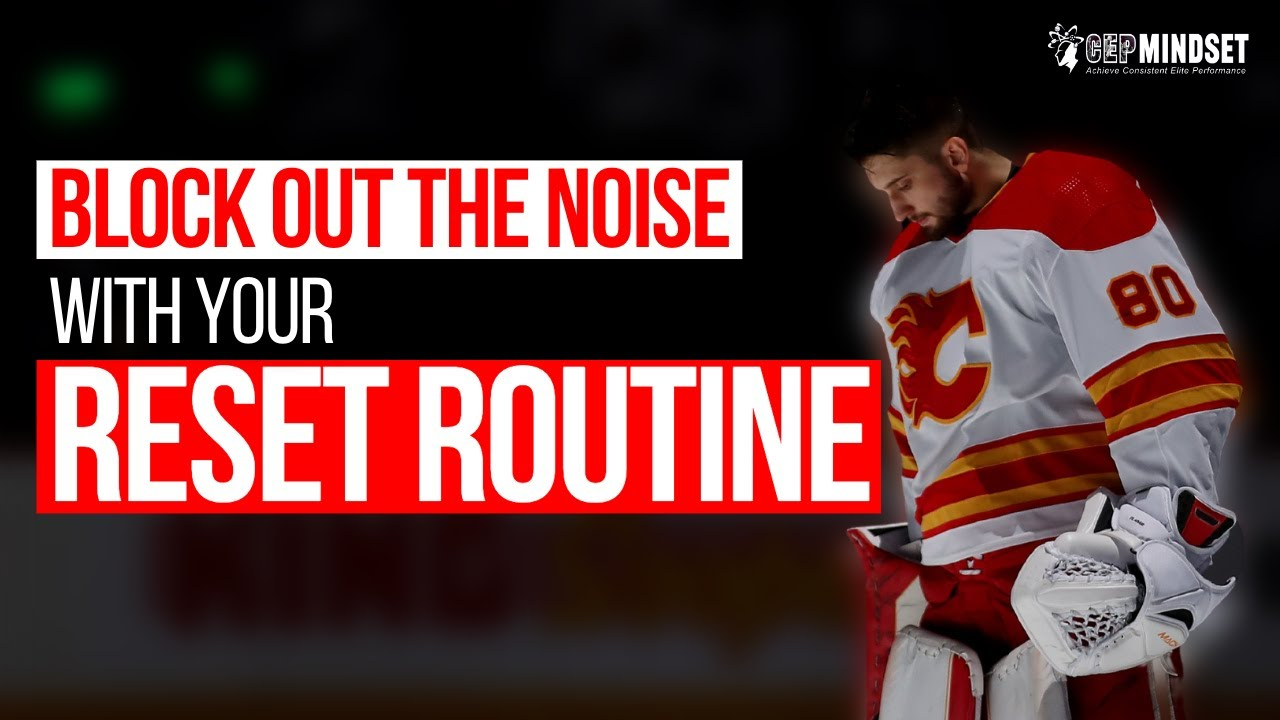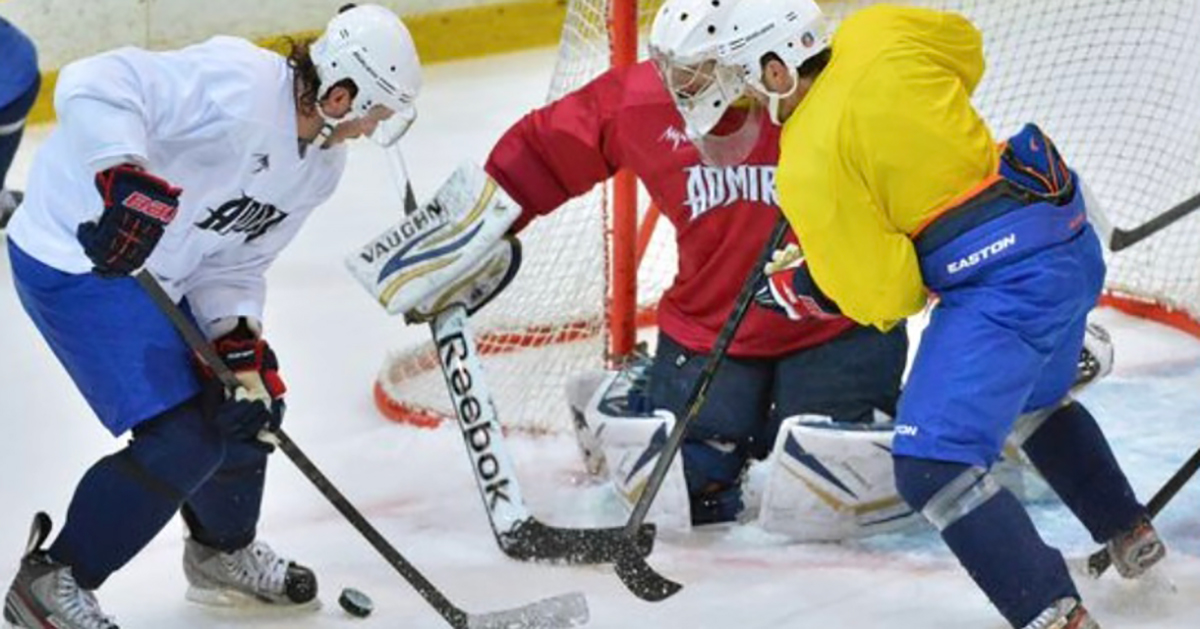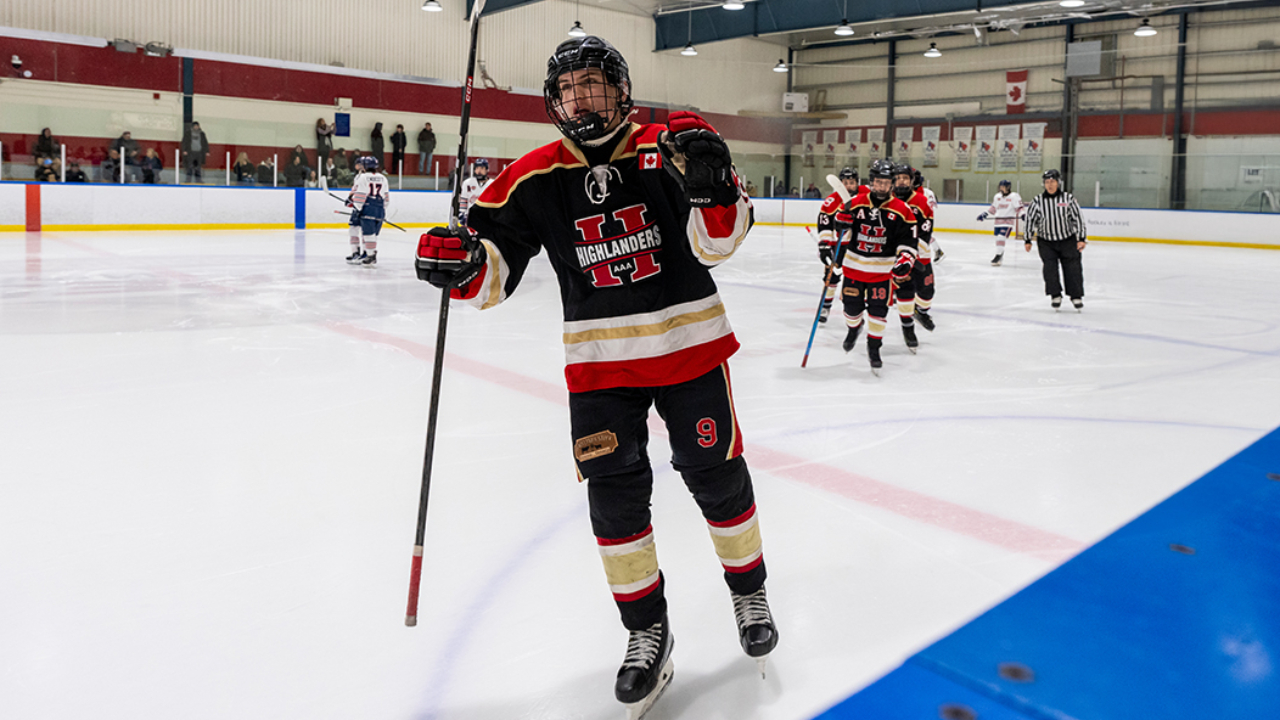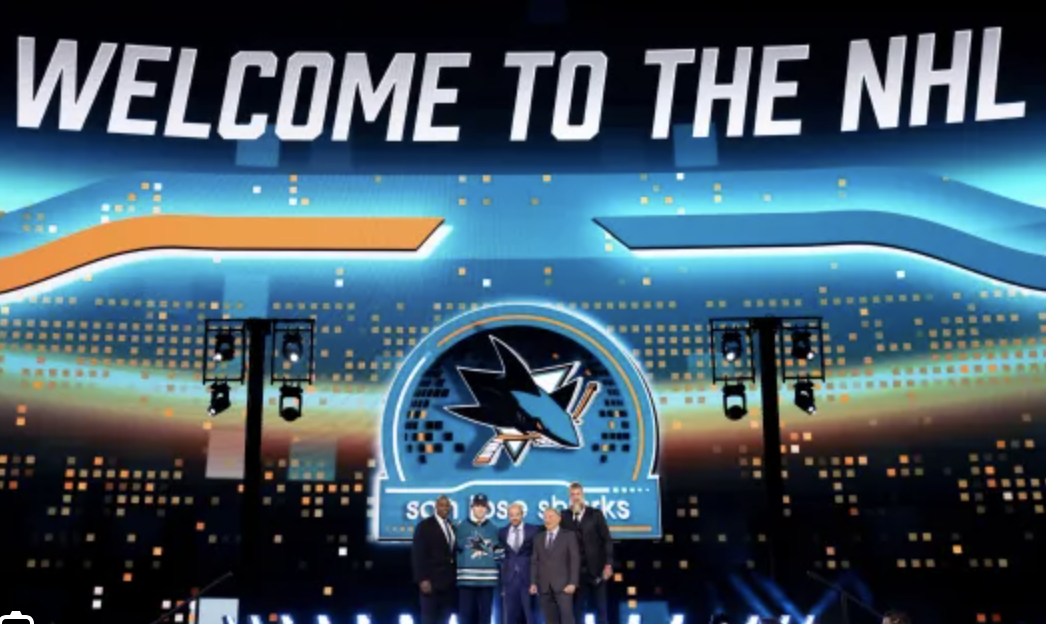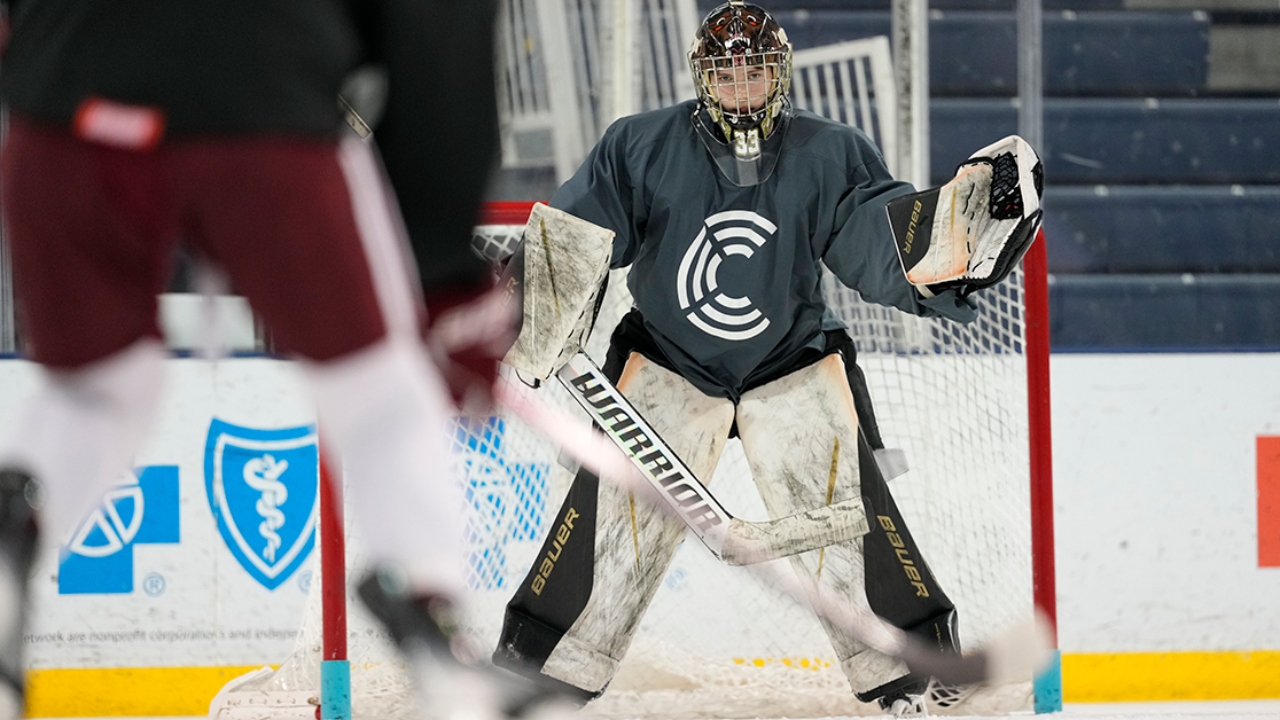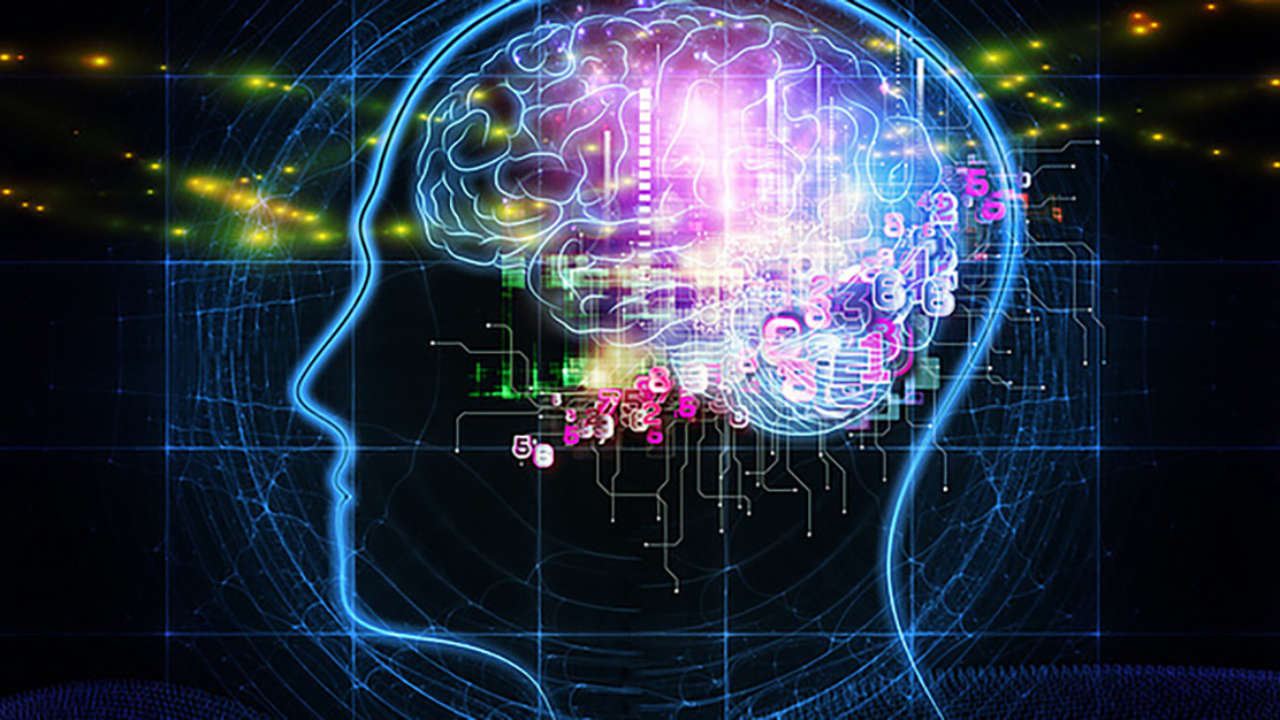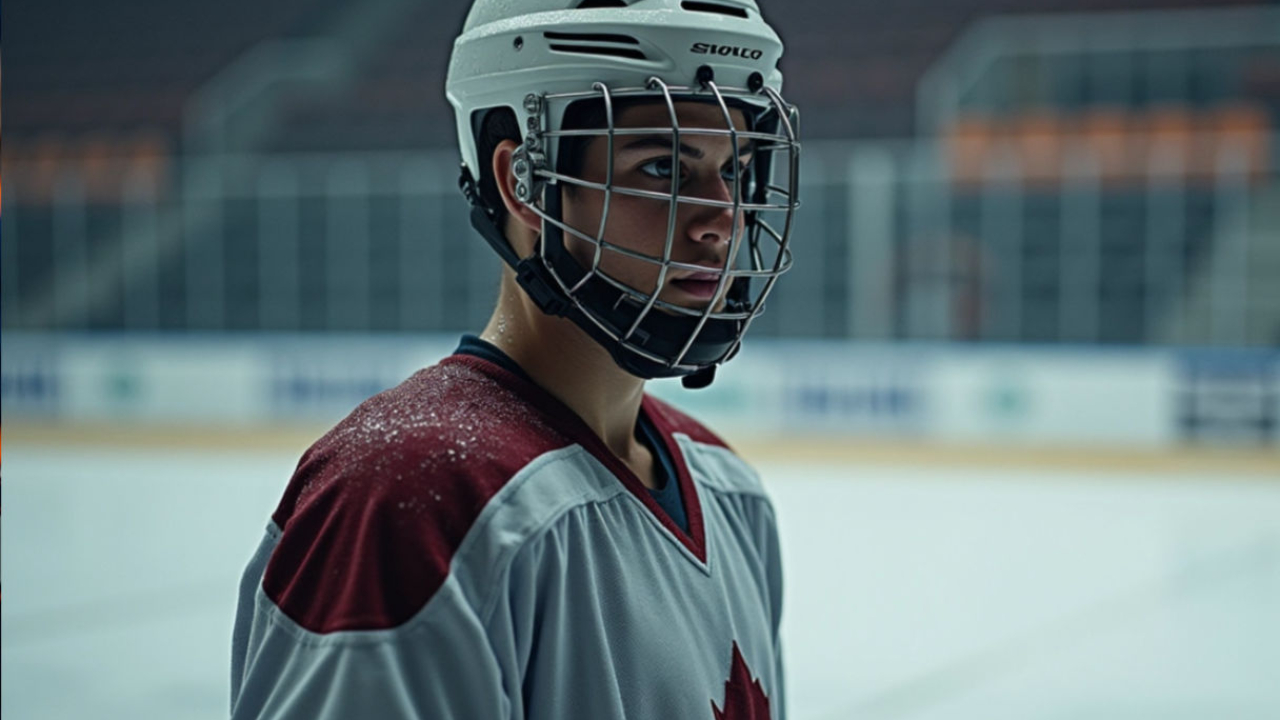
"The first step toward change is awareness. The second step is acceptance." – Nathaniel Branden
One of the most powerful skills young hockey players can learn isn't about skating faster, shooting harder, or training longer. It's about acceptance. Acceptance is a mental skill that often gets overlooked, but it's crucial for becoming the best version of yourself both on and off the ice. As parents and coaches, embracing and teaching acceptance can help teenage hockey players grow, thrive, and perform at their highest level.
"The comeback is always stronger than the setback." – Unknown
1. Accepting Setbacks and Disappointments
In hockey, as in life, setbacks happen. Not making a team, losing an important game, or dealing with injuries can be tough. Consider a player who didn’t make the elite team they hoped for. By choosing acceptance instead of frustration, they used their disappointment as motivation. They committed to performing their best at their current level, channeling their energy positively. This approach transformed their setback into an opportunity for personal growth and improvement.
"In the middle of every difficulty lies opportunity." – Albert Einstein
2. Accepting Family Dynamics as a Training Ground
Family relationships often serve as the first classroom for emotional skills. Imagine a young player navigating challenging dynamics with their siblings. By viewing these interactions as opportunities to build resilience rather than sources of frustration, the player develops greater emotional control. When young players learn not to take family conflicts personally, they cultivate emotional intelligence that becomes critical in high-pressure game situations, helping them stay calm, focused, and resilient.
"Control the controllables and let go of the rest." – John Wooden
3. Accepting What You Cannot Control
During the off-season, acceptance becomes an essential part of preparation. Players often waste valuable energy worrying about things beyond their control, such as coaching decisions, other players’ performances, or past mistakes. Acceptance doesn’t mean giving up; it means understanding where you can make a difference, such as your attitude, preparation, and commitment, and then focusing fully on those aspects. Accepting what you can't control frees up energy to become stronger, sharper, and mentally prepared for the season ahead.
"Patience is not the ability to wait, but the ability to keep a good attitude while waiting." – Joyce Meyer
4. Accepting the Learning Process
Becoming great at hockey isn't just about physical strength; it's also about mental toughness. Developing mental skills like mindfulness and awareness takes time and consistent effort. Acceptance of this learning curve helps young players stay patient and committed, even when progress feels slow. Just like building muscle or mastering new skating techniques, mental skills require practice and repetition. Embracing this truth can help players stay motivated and persistent in their mental performance training.
"Your value doesn’t decrease based on someone’s inability to see your worth." – Unknown
5. Self-Acceptance and Identity Beyond Hockey
Finally, one of the most profound forms of acceptance is self-acceptance. Teenage hockey players often tie their self-worth solely to their hockey performance. However, when they learn to accept themselves as whole people with value beyond hockey, they build a healthier emotional foundation. This reduces pressure and anxiety, allowing players to perform with greater freedom, authenticity, and joy. Self-acceptance fosters resilience, making it easier to bounce back from mistakes and setbacks.
The Off-Season Advantage
Acceptance is a skill best developed during the off-season, away from the pressures of competition. The emotional resilience built through acceptance helps players bounce back quickly from mistakes, handle adversity effectively, and stay fully present during games. When teenage players embrace acceptance, they gain a mental edge that enhances performance, deepens enjoyment, and nurtures growth both on and off the ice.
As hockey parents and coaches, teaching and modeling acceptance could be the greatest gift you offer your young athletes, one that transcends the rink and equips them for success in life.
If you're interested in helping your child develop these powerful mental skills, please reach out for mindset coaching tailored specifically for young hockey players. Together, we can build resilience, confidence, and a deeper enjoyment of the game.

